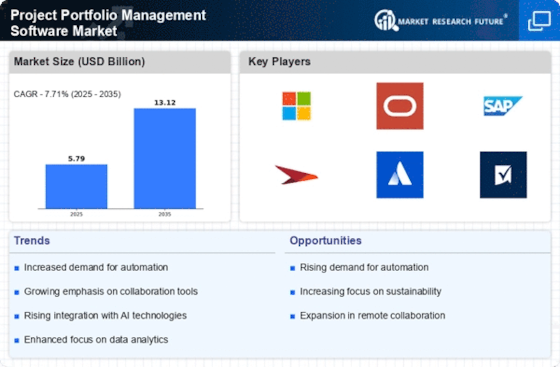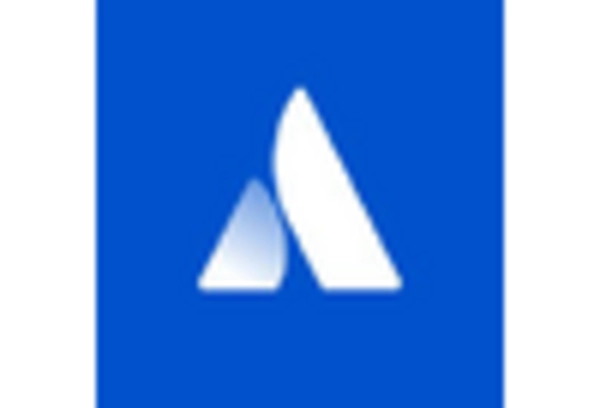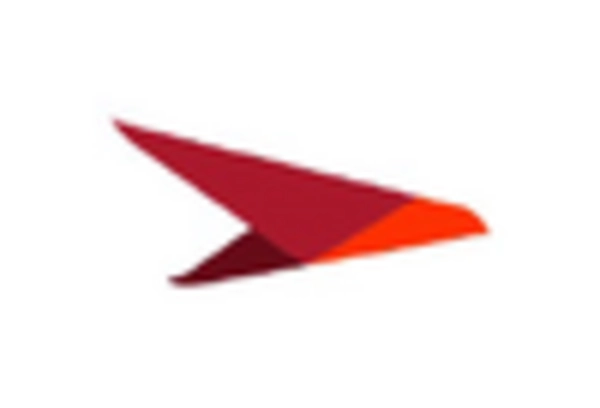Market Trends
Key Emerging Trends in the Project Portfolio Management Software Market
Market share positioning tactics are crucial to software vendors' success in the dynamic Project Portfolio Management (PPM) Software Market. PPM software demand has increased as corporations realize the need of effective project management, creating a competitive industry where vendors compete to gain market share.
PPM software providers often differentiate. Companies differentiate their products with distinct features, functionality, and user experiences in a market with varying client wants. Software solutions tailored to certain sectors or niches help organizations gain market share. A PPM software supplier may specialize in healthcare project management solutions to meet their specialized needs.
Pricing strategy is crucial to market share positioning. Some PPM software suppliers use cost leadership to gain market share thru competitive pricing. This method attracts price-conscious clients and can boost adoption, especially in price-sensitive countries. Instead, premium pricing targets clients who want additional features, support, and customization. A PPM software product's market placement depends on balancing cost and value.
Collaboration and integration skills are increasingly important for market share. PPM software companies understand the need of corporate system and tool interaction. Collaboration with popular platforms like CRM and ERP systems boosts PPM software's value. Interoperable and integrative companies connect with the emerging trend of holistic company management.
PPM software market share positioning relies on customer-centricity. Understanding client needs and pain areas helps suppliers create solutions that resonate. Updates, customer assistance, and reaction to user comments boost consumer loyalty. Since word-of-mouth recommendations influence potential consumers' decisions, testimonials and case studies strengthen a company's market standing.
PPM software market share positioning also involves strategic collaborations and alliances. Collaboration with other technology suppliers, consulting companies, or industry specialists can enhance customer and market reach. Joint partnerships or co-selling allow PPM software suppliers to harness complementary capabilities and resources, improving their competitive position.
Maintaining market share growth requires keeping up with technology and innovating. PPM software suppliers who invest in AI, ML, and predictive analytics research and development dominate the industry. Offering cutting-edge features and staying ahead of technical advances boosts long-term market relevance and competitiveness."


















Leave a Comment